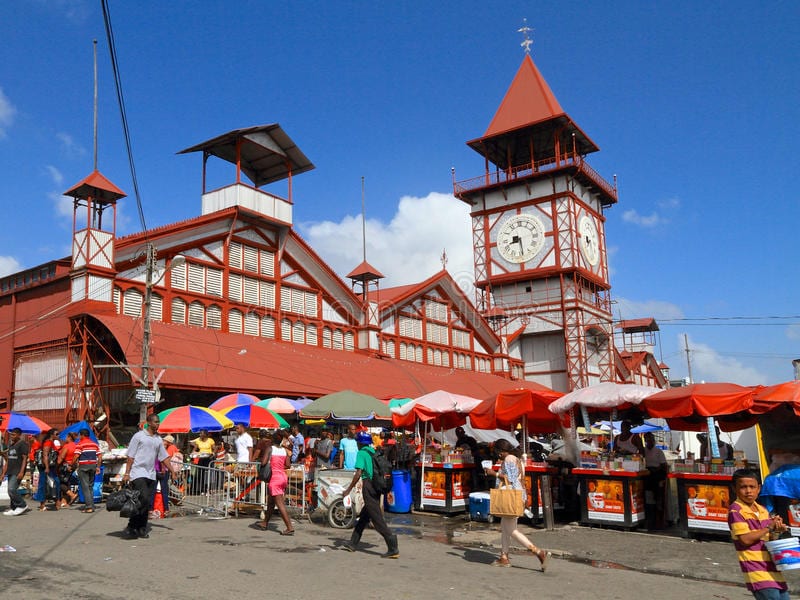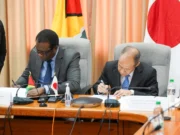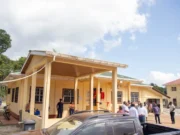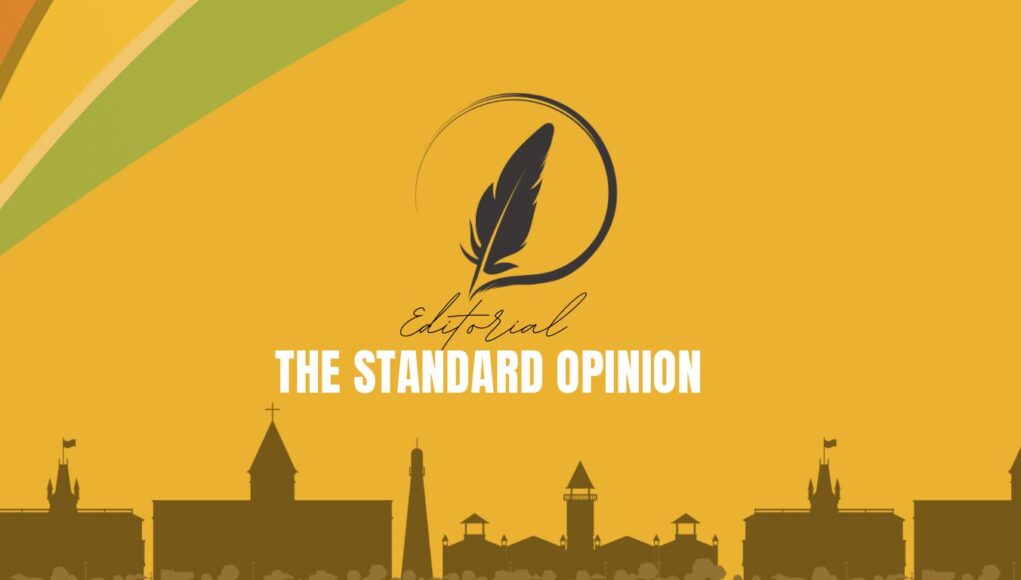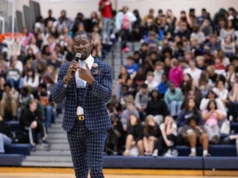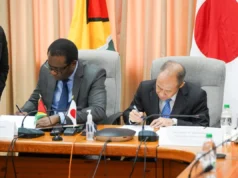Executive Member of the Working People’s Alliance (WPA), Dr. David Hinds, has done something few politicians are willing to attempt: he has admitted fault. In a political culture where apologies are as rare as hens’ teeth, Dr. Hinds has done a noble thing.
Speaking at a rally recently in Melanie, East Coast Demerara, he publicly apologised to Afro-Guyanese youth for not doing more to improve their lives during the tenure of the former A Partnership for National Unity + Alliance For Change (APNU+AFC) coalition government.
The WPA, a party that prides itself in Black liberation politics, was one of the partners in the APNU grouping, which, along with the AFC, formed the government from 2015 to 2020, led by Brigadier (retired) David Granger. As a member of that coalition, Dr. Hinds had a front-row seat to its policymaking, its political gains, and of course, its failures.
At the rally, he reflected on the disappointment many Afro-Guyanese feel today, particularly the younger generation who had pinned their hopes on the coalition government they believed would prioritise their upliftment. Dr. Hinds said that too many times he has been confronted by Afro-Guyanese, many of whom lamented that the Granger government did little for them.
He said that while the coalition did, in his view, some meaningful work for Afro-Guyanese communities, it did not do enough to communicate how its policies benefited the Afro-Guyanese community. He said that the APNU+AFC failed to frame or articulate those policies in culturally resonant and ethnically conscious ways.
“It is not that the coalition didn’t do anything, but the coalition did not frame what part of what they’re doing in ethnic terms – they didn’t make it obvious,” he explained later during his Politics 101 show. Dr. Hinds’ explanation for his apology had become necessary, since, according to him, some in the APNU camp were opposed to his mea culpa.
He contrasted the coalition’s communication missteps with the progress made by the current People’s Progressive Party/Civic (PPP/C) administration.
He argued that when the PPP/C rolls out policies, it does so in a grand style, so that Indo-Guyanese, which make up a majority of that party’s support base, are aware that they are the beneficiaries. On the other hand, he noted that the APNU+AFC government, even when implementing policies that benefited predominantly Afro-Guyanese constituencies such as public servants, failed to claim the credit in any meaningful political or cultural sense.
He noted that even if the APNU+AFC government did not want to employ such a tactic, it could have designed policies aimed at groups whose ethnic composition was predominantly Afro-Guyanese. In other words, there was no need to explicitly state that benefits were for Afro-Guyanese; the government could have simply said the targeted beneficiaries were public servants. He explained that if the Granger-led administration had given each public servant a plot of land, the message would have been clear without ever having to name the group, given that public servants are largely Black.
In his view, such symbolic gestures could have powerfully conveyed recognition and inclusion to the Afro-Guyanese community.
In acknowledging this failure, Dr. Hinds said he felt it necessary to apologise, not for political gain, but as a matter of principle.
He noted that some in APNU warned him that this apology could potentially be used against the APNU+WPA by the PPP/C, but Dr. Hinds dismissed these concerns, asserting that “acknowledging mistakes shows strength” and is a mark of sound leadership.
Dr. Hinds deserves genuine credit for stepping forward and taking responsibility. By any standard, his apology marks a step in the right direction. Yet, there remains considerable ground to cover on the long road toward rebuilding trust and confronting uncomfortable truths.
This is because, for all the moral weight of that apology, it collides with a glaring contradiction; one Dr. Hinds has yet to fully confront: his party’s continued silence on the coalition’s refusal to accept the results of the March 2020 General and Regional Elections.
Additionally, Dr. Hinds did not specify whether he inquired of those individuals if, despite feeling neglected by the APNU+AFC from 2015 to 2020, they had voted for the coalition in its re-election bid in 2020, or if they had abstained. But more so, if they rallied behind another party.
This becomes important because given his stance that the current government is an installed one, those issues he claims to be confronting predate what he customarily refers to as a “regime change” in 2020.
Did the neglect those persons felt ultimately caused the APNU+AFC to lose the election? More importantly, could the claims of a foisted government be a veneer to a defeat based on feelings of abandonment by core supporters?
Regardless, it is no secret that the APNU+AFC, having lost at the polls, embarked on a months-long campaign to resist the certified outcome. The world looked on as Guyana endured one of the most dramatic electoral crises in its modern history.
The coalition faced accusations of attempting to alter Statements of Poll, misrepresent tabulations, and defy the will of the electorate. It ultimately took five months, a series of court battles, mounting pressure from international observers, and a recount by CARICOM before the rightful winner was declared.
During this period, the country was trapped in political limbo. Its progress stalled. The standstill was compounded by the COVID-19 pandemic, which was even more difficult to manage because the regime’s legal authority had been weakened by a no-confidence motion two years earlier. The coalition lingered in office as a placeholder, unable to take decisive action.
Meanwhile, members of the coalition, including those from the WPA, were either silent or complicit. Dr. Hinds, despite his outspoken nature and deep roots in political commentary, did not publicly condemn the attempts to prolong the process. There was no apology then, nor has there been any since.
Moreover, that silence, when democracy was at stake, sits awkwardly beside his recent declaration that politicians must answer to the people who “invested” in them.
In a separate commentary, Dr. Hinds criticized politicians who left the PNC, the dominant force within the APNU coalition, to join the PPP/C, accusing them of betraying the very voters who built their political careers. “You could not have gotten where you are on your own,” he said. “None of those people could have run on their own and gotten into parliament.” He argued that such individuals, at the very least, owed the electorate an apology before switching to a different political side.
It is a fair call for accountability. But it is also hard to reconcile with the coalition’s actions during the post-March 2020 election period, an episode far more serious than political hopscotch.
His stance against political opportunism is rooted in accountability and the belief that public figures must be responsive to the communities that empower them. Yet, by not publicly grappling with the distrust that followed the coalition’s anti-democratic actions in 2020, his apology appears incomplete. It now stands as a tiny band-aid over a gaping wound.
Surely, Dr. Hinds does not perceive the sin of defection greater than that of attempting to deny the will of the people.
Would Dr. Hinds continue his bold streak by taking another step in the right direction, but this time, apologising for his party’s actions in 2020?

